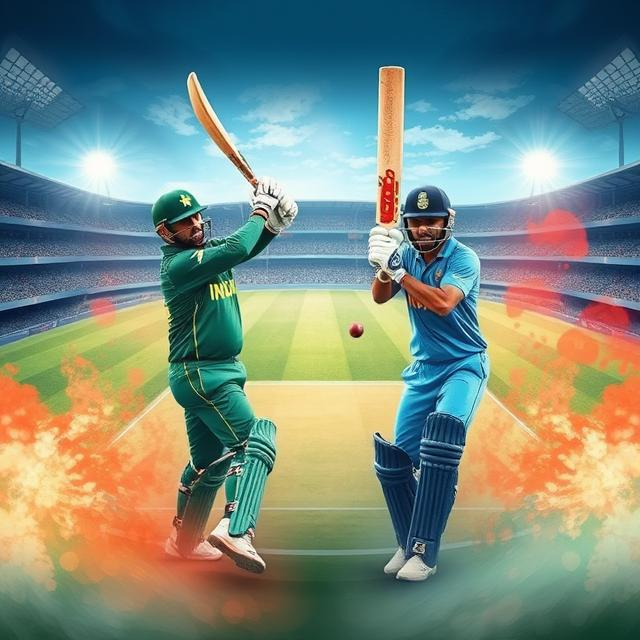Understanding Pakistani Identity: A Multifaceted Narrative

Understanding Pakistani Identity: A Multifaceted Narrative
Pakistan, a land steeped in history and vibrant culture, boasts a complex and fascinating identity. It’s not a single, monolithic entity, but rather a tapestry woven from diverse threads of ethnicity, religion, language, and tradition. This article delves into the multifaceted nature of Pakistani identity, exploring its rich layers and the forces that shape it.
More Than Just a Flag: Unveiling the Nuances
The concept of Pakistani identity is often misinterpreted as solely religious or ethnic. While Islam is a defining factor for many Pakistanis, the reality is far more nuanced. Pakistan is home to a multitude of ethnic groups, including Punjabis, Sindhis, Pashtuns, Baloch, and others, each with its own unique traditions, languages, and customs. Understanding Pakistani identity requires acknowledging this vibrant diversity and the complex interplay between these various cultural elements.
The Impact of History and Geopolitics
Pakistan’s tumultuous history has undeniably shaped its identity. The country’s birth as a separate nation, the partition of India, and subsequent conflicts have left lasting imprints on its people. These historical events have profoundly impacted the collective psyche, often creating a sense of shared struggle and resilience. Furthermore, the region’s strategic location and geopolitical complexities have played a significant role in shaping the country’s national narrative.
Religion as a Defining Factor, but Not the Sole One
Islam is a central element of Pakistani identity. The country’s constitution enshrines Islam as its state religion, profoundly influencing its laws, cultural practices, and social norms. However, it is crucial to recognize that Islam itself is not a uniform entity. The diverse interpretations and practices of Islam within Pakistan reflect the country’s rich tapestry of communities and traditions. It’s a multifaceted relationship, not a simple dichotomy.
The Role of Modern Influences and Challenges
Contemporary Pakistan is a dynamic society facing numerous challenges, including economic disparities, social inequalities, and security concerns. These challenges have sparked a variety of responses and movements within Pakistani society, impacting how individuals and communities perceive and define their identity. Globalization, technological advancements, and the rise of social media also play a crucial role in shaping the modern Pakistani identity.
Exploring the Future of Pakistani Identity
The Pakistani identity is not static; it is constantly evolving. The challenges and opportunities facing the country today, alongside the influences of the global landscape, will continue to shape its identity in years to come. Ultimately, understanding this multifaceted narrative is essential for appreciating the depth and complexity of Pakistani society and its people. Understanding the struggles, the joys, and the vibrant spectrum of experiences is paramount to a truly accurate and meaningful understanding of what it means to be Pakistani.
Further Exploration
Interested in learning more about specific aspects of Pakistani identity? Check out these resources for further exploration:
- Pakistan’s history books
- Academic articles on South Asian Studies
- Cultural documentaries and films showcasing Pakistani life